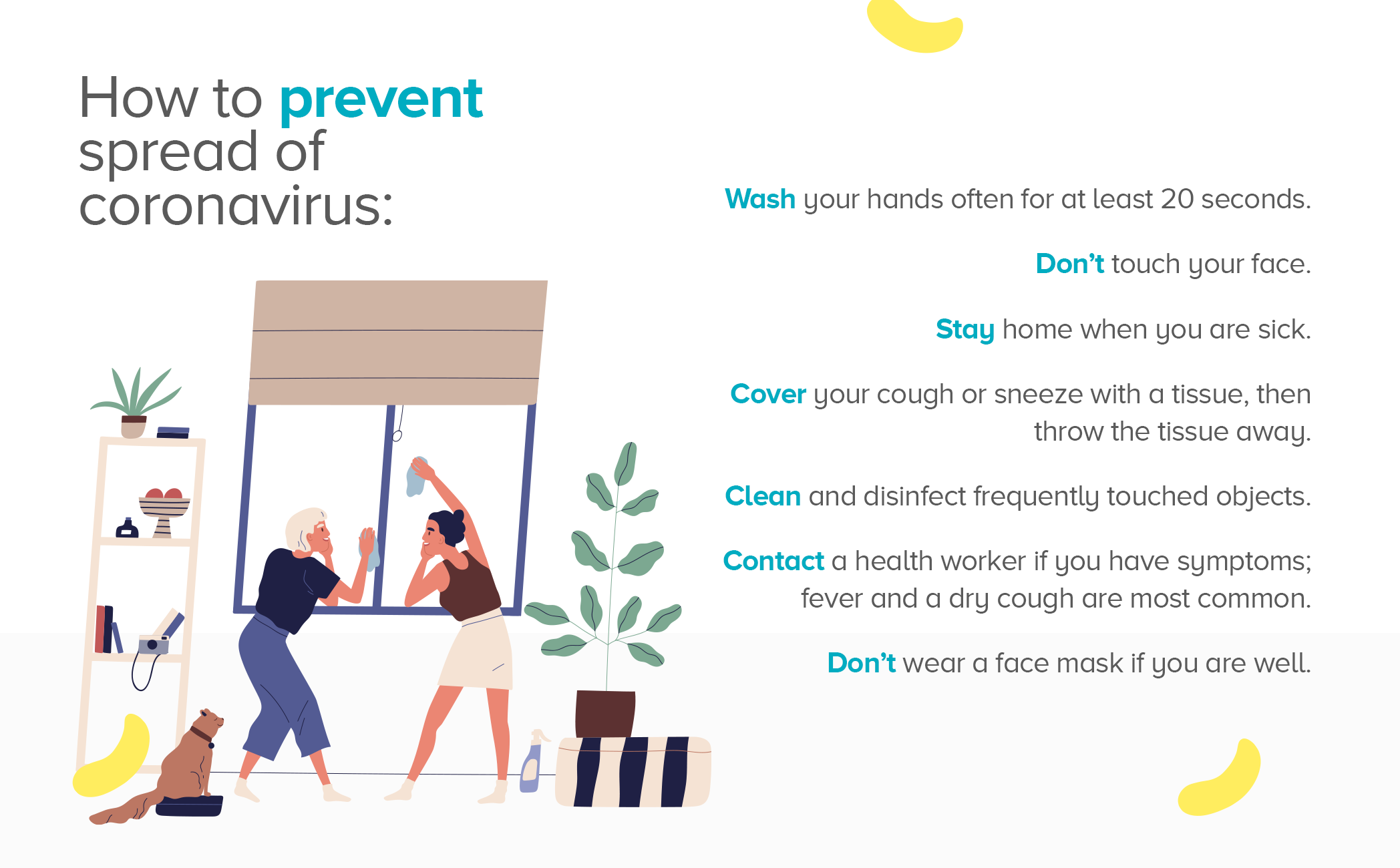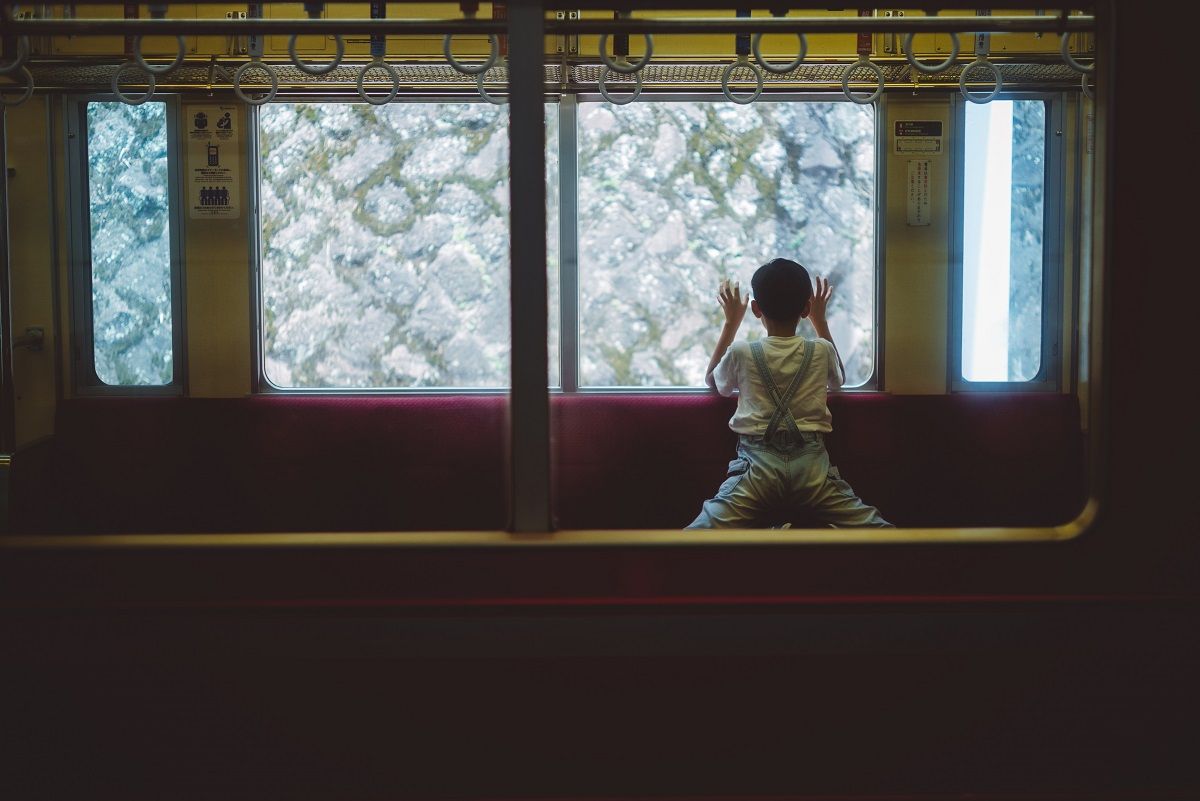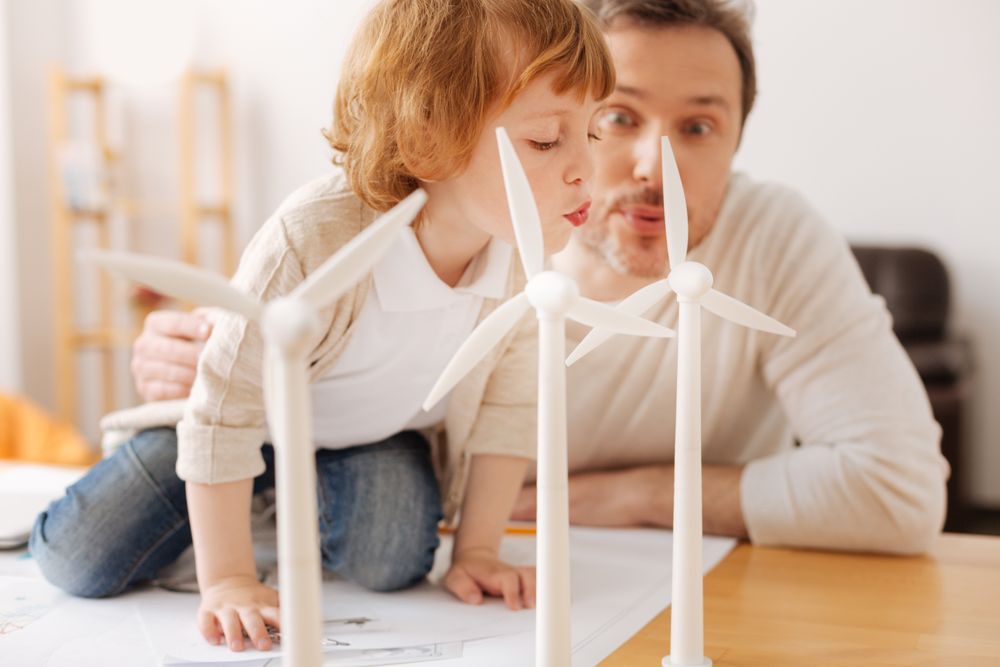The coronavirus pandemic has had many of us living under lockdown for over two months now. As a result of this strange and unexpected way of living, as well as the fact that the virus is still ongoing, a number of people have developed what’s been termed FOGO — fear of going out.
It’s not quite the same as agoraphobia, but it’s a form of anxiety that’s causing formerly outgoing people into people who are too nervous to even step outside their front door anymore. And it couldn’t have come at a worse time for some of us, as many parts of the world are now “opening up” again.
If this sounds like you, the number one thing to remind yourself of is that you’re human and that it’s perfectly okay to have fears like this. But it’s also important to take the next steps that will allow you to overcome your anxieties and live your life more on your own terms like you used to.
Why are we frightened?
It might be obvious to answer that question with “because there’s a virus out there at the moment.”
But there’s more to it than that.
Mass media coverage of infection rates and death rates, as well as news footage of makeshift morgues and alarmist headlines on social media that hundreds of thousands of people are going to die of the virus, have put many of us into a state of severe apprehension. It’s made us more panic-stricken than we really needed to be about the virus, and it’s also caused us to listen to fake claims that have made our mental situation even worse.
The more news articles we read — no matter how true or false they are — reinforce our belief that this is a very, very bad situation. Over a matter of days, weeks, and months, we’ve begun to retreat within ourselves, and an anxiety we’ve never even felt before has suddenly developed.
It doesn’t help that many of us have probably watched and read more news in the last 2-3 months than we have for years. Such overconsumption has created what psychologists call the “availability bias.”
In other words, when we start reading stories of people just like us (our neighbors, friends of friends, family members of other family members) getting sick and dying of the virus, the situation suddenly becomes very real for us. Previously, we may have worried about a terrorist attack because such attacks have occurred rather too close to home for a number of us in the past.
But a deadly virus was always something that happened far away from us, and we didn’t need to worry about it. Now that it seems to be on our doorstep, our availability bias has sent our emotions into overdrive.
This can cause us to emotionalize what’s happening around us, which distorts our risk-perception. We feel uncertain, and everything related to the virus is unpredictable. We don’t really know what the risk of going to the supermarket is because it’s become impossible to judge objectively. Instead, we just know that “John from someone else’s Facebook in Denver” got the virus — and that makes the threat sound all too real to us.
And so we panic buy. We lock ourselves up. We avoid friends and family members. We wear masks. We cross the road when we see someone walking up to us. We order everything online. We keep telling everyone to stay indoors until a vaccine is found. We can’t worry about the economy yet because our health is at stake.
We refuse to leave the house, and when we start to think about leaving the house, we feel gripped by fear.
So how can we reverse this situation?
Expose yourself to the threat
It’s common for therapists to advise their patients to expose themselves to the source of their worry.
You hear this all the time with those who are afraid of flying. They’re often told that the best way — maybe the only way — to conquer their fear is to get on a plane. I know because I’ve been in therapy for such a fear!
It’s the same with earthquake survivors. Indeed, it isn’t uncommon for earthquake survivors to be terrified of living under a roof again. Some would rather pitch up a tent. Some avoid walking near buildings altogether.
But by returning home and spending a few nights there, they’re able to readjust and slip back into their normal life.
The thing is that none of us can control all the risks. If I get on a plane, the risk is there. But I can’t control it. And unless I want to live a reasonable, meaningful existence, I have to deal with that.
When it comes to any fear — and especially FOGO — you need to remember that unless you work to control your fear (as you have in the past), your fear will continue to control you. This means stepping outside but maybe taking baby steps at first. Go for a walk, breathe in fresh air, and remind yourself what it’s like to be outside without fear. You don’t need to go to the supermarket straight away, or any place like that, but it’s important that you start taking steps.
Practice good hygiene
As we’ve been constantly reminded throughout this pandemic, hygiene is paramount.
Stats have shown that more and more of us are now practicing better hygiene than we ever have done. I’m not sure what that says about many of us, to be honest! But the fact that hygiene has been proven to be an excellent way to slow the spread of the virus suggests that as long as you keep washing your hands and taking wet wipes with you wherever you go, you can put a little bit more of your mind at rest.
It’s just a basic thing but a very helpful one. Here’s an infographic to have handy:

Use common sense
Where I’m currently living, bars and restaurants are expected to reopen in June. While I really miss going to bars and restaurants, I’m not going to rush back there.
Why?
Because I don’t think it’s going to do us any harm to be a bit cautious. Yes, we should expose ourselves to our fears, but we need to exert common sense, too.
For you, this could mean taking walks and getting used to being outside again. But it could also mean avoiding large gatherings and — perhaps — staying away from bars and restaurants and places like that until the infection rates have come down further.
Over time, when it’s clear that infection rates really have plummeted, you could maybe go and sit outside a bar or a restaurant and see your friends at a short distance.
You can still go out and see people and do things while being careful and vigilant. And that’s no problem.
When you do go out, go out with people you trust
Lastly, when you start properly going out again, make sure you venture outside with people you trust.
If you have a friend who you know will understand your fears and concerns and won’t do anything that might cause you alarm (such as hugging you or touching you without warning), make a date with them first.





